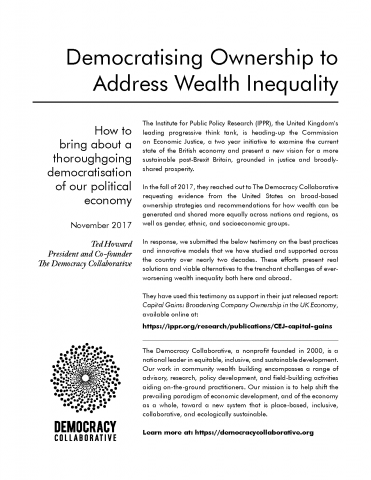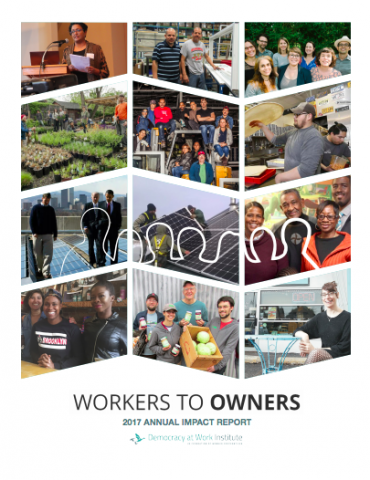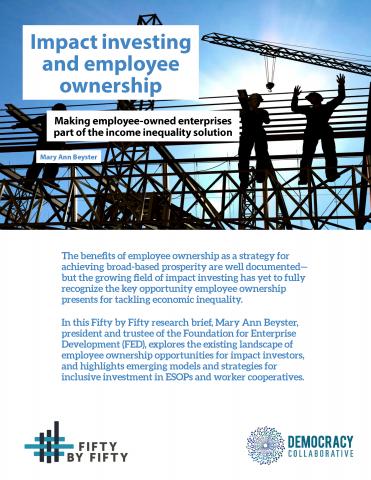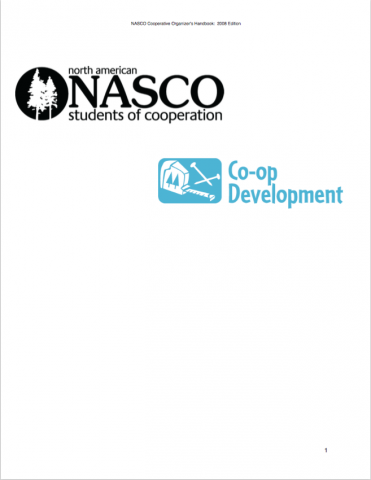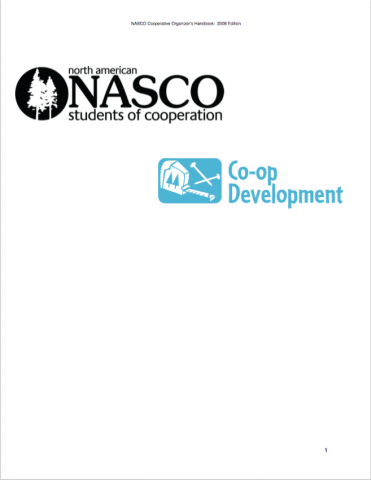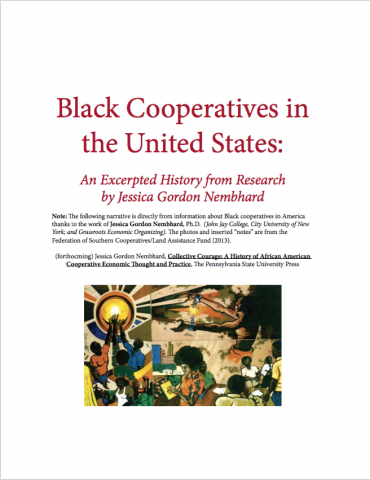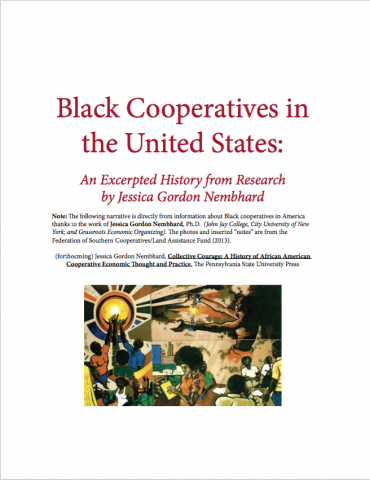Founded in 1955 to serve airmen stationed at McChord Air Force Base, Harborstone Credit Union now has $1.2 billion in total assets, nearly 79,200 members, and 15 branches located across King, Pierce, and Thurston counties. To support its members, Harborstone offers a range of programs including budget, student loan, debt, bankruptcy, and homeownership coaching, and a range of on-line courses.
